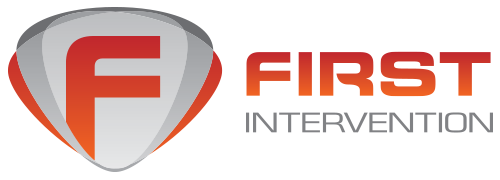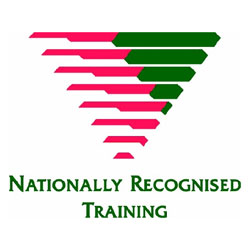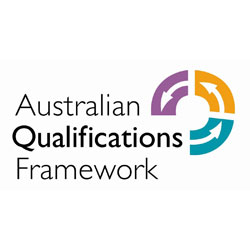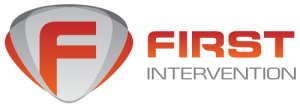Course Description
This short course will help workers ensure their workplaces are safe for themselves and the community and stop the spread of COVID-19.
The Infection Control Skill Set course will provide you with a set of skills that will enable you to follow organisational infection prevention and control policies and procedures, including implementing standard and transmission-based precautions and responding to infection risks in organisations operating in any retail setting – which includes anyone working with customers! You do not have to be employed to study this skill set as the Government changed the rules recently to allow anyone residing in Victoria to study this course.
After completion of the training, you will be able to confidently
- Follow standard and additional precautions for infection prevention and control
- Identify infection hazards and assess risks
- Follow procedures for managing risks associated with specific hazards
You will learn a range of skills, including:
- Hand hygiene practices
- Effective surface cleaning
- Use of personal protective equipment
- Disposal of contaminated waste
- Hazard identification, control and reporting
- Appropriate protocols and responses in the event of an incident
- Knowledge regarding the basis of infection and transmission
Want to Enrol in this? CLICK HERE & ENROL We will contact you via email once we receive your online enrolment form with instructions on accessing your skill set course.



